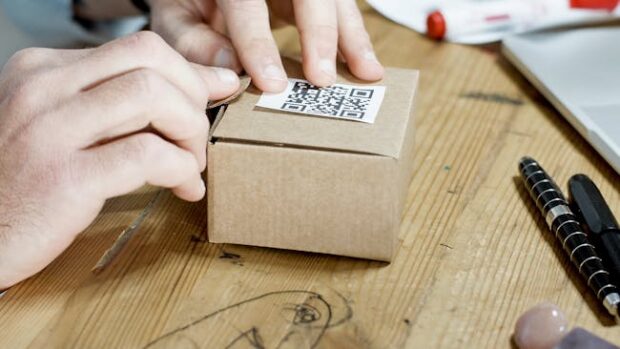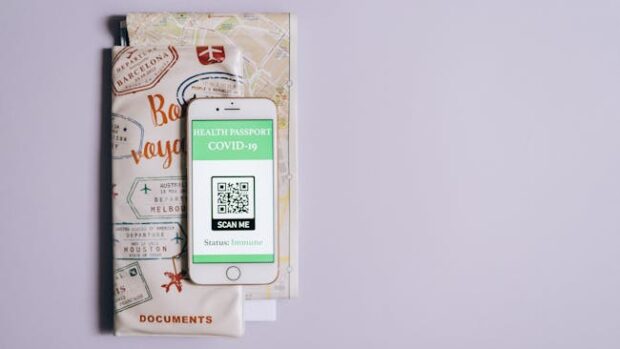How to spot and avoid QR code scams
The popularity of digital wallets has made QR codes more prevalent. Nowadays, you can pay for your coffee by opening your GCash, Venmo, or similar app and scanning the pixelated square.
However, this technology has also made it convenient for scammers to victimize people. If you aren’t wary, a Quick Response code could give “Quick Access” to your bank accounts and sensitive data!
That is why everyone should be wary of QR code scams. Let’s discuss how people can pull these off and how you can avoid them.
What are QR code scams?
Online scams involving QR codes have risen by more than 500% since the coronavirus pandemic. Our research has found that, 'quishing', is quickly becoming one of the most common types of online scam, and experts are warning smartphone users to be vigilant. pic.twitter.com/TCtQj0Mfuf
— Good Morning Britain (@GMB) January 26, 2024
Britannica says Japanese company Denso Wave invented Quick Response codes in 1994. They are a type of bar code that you can scan from any orientation.
Conversely, you must scan barcodes horizontally or they won’t work. Nowadays, QR codes are everywhere, especially in stores that allow digital payments.
However, the US Federal Trade Commission warns that scammers hide harmful links in QR codes to steal personal information.
This scheme is called a QR code scam or “quishing,” a combination of the words “QR” and “phishing.” The FTC provided ways they could fool people into scanning:
- They lie and say they can’t deliver your package and you need to contact them to reschedule.
- They pretend like there’s a problem with your account and you need to confirm your information.
- They lie, saying they noticed suspicious activity on your account, and that you need to change your password.
Some nefarious folks send their QR code scams via email or social media posts.
MakeUseOf says others turn their squares into stickers and plaster them on top of legitimate ones in stores. Craftier individuals create fake QR code generators.
For example, a fake cryptocurrency platform may promise a grainy square one could use to easily and safely transfer their Bitcoins.
Then, the fraudulent website receives the digital coins instead of the user.
How to avoid QR scams

The FTC recommends inspecting the URL of a QR code before opening it. Does the URL that appears after scanning appear legitimate?
If it doesn’t contain the brand name of the establishment where you found the code, it is likely a fake. Also, you should never scan QR codes from emails or text messages, even if they urge you to do so immediately.
Online finance protection company Aura says people should check for signs of tampering. For example, be skeptical if the QR code appears skewed or misaligned.
You may also try scraping the square’s corners to confirm whether it’s a sticker. Also, do not download a QR code scanning app.
Most smartphones can scan QR codes with their built-in cameras. If you have an older model, use Google Lens.
What should QR code scam victims do?

If you mistakenly entered information into a fake QR code, change your login credentials for important accounts, such as social media and online banking.
Then, notify your bank and credit card company that you may have been hacked. In response, they will guide you through freezing your accounts to prevent a hacker from entering them.
READ: How to share your Wi-Fi password
Check for signs of identity theft, such as unexpected charges on your credit card or failed login attempt emails.
If you see such signs, pinpoint the accounts involved and shut them down as soon as possible.
You cannot guarantee that a QR code scam won’t enter important accounts, so these methods will ensure your protection.